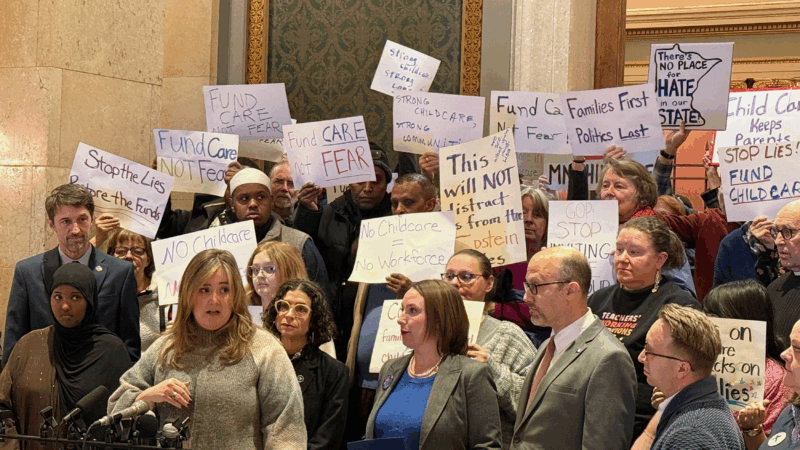A Window On Other Arenas: Sports, Race, And More With UAB Sociologist Adrienne Milner
You don’t have to be a scholar to know that African-Americans are heavily represented in contact sports like football and basketball, but underrepresented in “lifetime sports” like tennis or golf. Some casual observers have come up with relatively simple explanations for that phenomenon. But a University of Alabama at Birmingham sociologist and author who studies race and gender in sports says the reality is anything but simple, or fair. Adrienne Milner, who played college basketball until an injury ended her athletic career, tells WBHM’s Dan Carsen that she’s intrigued by inequity in all fields, but that — for reasons you might not guess — sports are special for her. Click above to hear the five-minute on-air interview. Below are excerpts and an extended web-exclusive version of the conversation.
In many institutions, including the criminal justice and education systems, it’s easy to spot racial disparities, says Milner. But in some sports, there are so many African-American players that observers assume the system must be meritocratic, she says. And according to her work, that’s not the case.
Issues of Access … and Public Health
There are ethnic and gender disparities at decision-making levels in sports, and with regard to access to low-contact sports like tennis or golf, says Milner. With restricted access, besides the inability to play and improve, there is also less “role-modeling,” which further lowers participation. She adds, “Desegregation was not about, ‘do we need Harvard to be 50 percent black, 50 percent white?’ It was, ‘can black students get to Harvard?’” And she says that when there’s “overrepresentation of a certain racial group being funneled into a violent sport, such as football, which is taking years off people’s lives and causing brain injuries … I would call that an epidemic …. The sport is getting more and more violent. We’re hitting harder. We have more physical prowess in terms of weightlifting” and other training methods, she says. And the injuries are not evenly spread, demographically speaking: “The outcomes are unclear for the future, but when 10 to 13 percent of the population is 70 percent of the NFL, we wonder why is this happening and what can be done about it.”
Government Role in Equity of Opportunity
Milner thinks the problem of unequal access to safer sports is severe enough to warrant government subsidies for public golf courses and swimming pools in low-income areas. “In other countries, golf is not as much of a ‘rich person’s sport,” she says. “There are more courses in poverty areas.”
Ideology of Athletic Racial Superiority
“Race is not real in and of itself. Racial disparities do not exist biologically … there is no ‘football gene,’” says Milner.
Perceptions Affect Outcomes
Milner points to the value of sports for changing social realities through perception and example: “we saw that when Jackie Robinson broke the color barrier in baseball before schools were desegregated.”
Here is the 27-minute web-only interview:
WBHM and the Southern Education Desk will be producing a comprehensive series on the intersection of academics and athletics, coming in September.
Washington National Opera leaves Kennedy Center, joining slew of artist exits
The WNO is just the latest to say they will no longer perform at the Kennedy Center since Trump took over last year.
Ukrainian drones set fire to Russian oil depot after Moscow launches new hypersonic missile
The strike comes a day after Russia bombarded Ukraine with hundreds of drones and dozens of missiles, including a powerful new hypersonic missile that hit western Ukraine.
Opinion: Remembering Renee Good
Renee Good won a national prize six years ago for her poem "On Learning to Dissect Fetal Pigs," which muses on science and faith. Good was shot to death by an ICE agent this week in Minneapolis.
PHOTOS: Laundry is a chore but there’s a beauty and serenity in the way it hangs out
A new photo series from Filipino photographer Macy Castañeda Lee offers a visually striking view of the mundane task of doing laundry and the role it plays in a rural economy.
2026 looks ominous for media, from Hollywood to journalism
Critic at large Eric Deggans says that in 2026, audiences have more power than they realize to determine the future of news and entertainment.
Influencer, White House welfare fraud claims are distorted, but the system has risks
Federal officials are targeting Democratic-led states over alleged safety-net fraud. Critics worry a drumbeat of unfounded accusations could undermine public trust.







